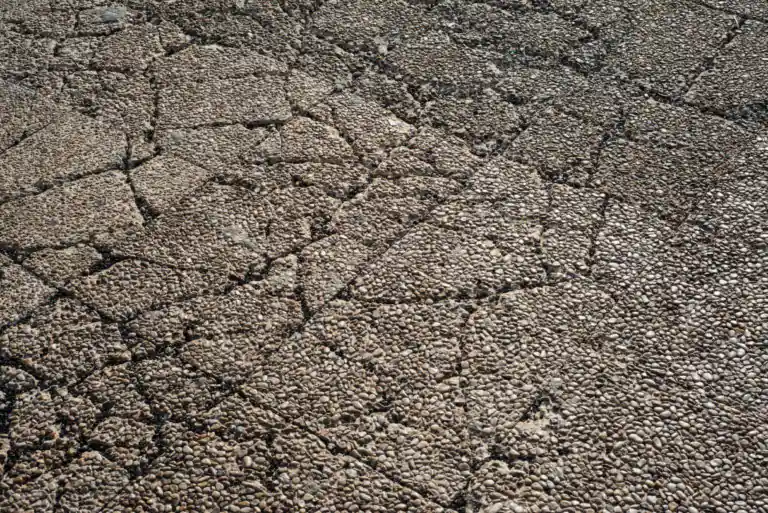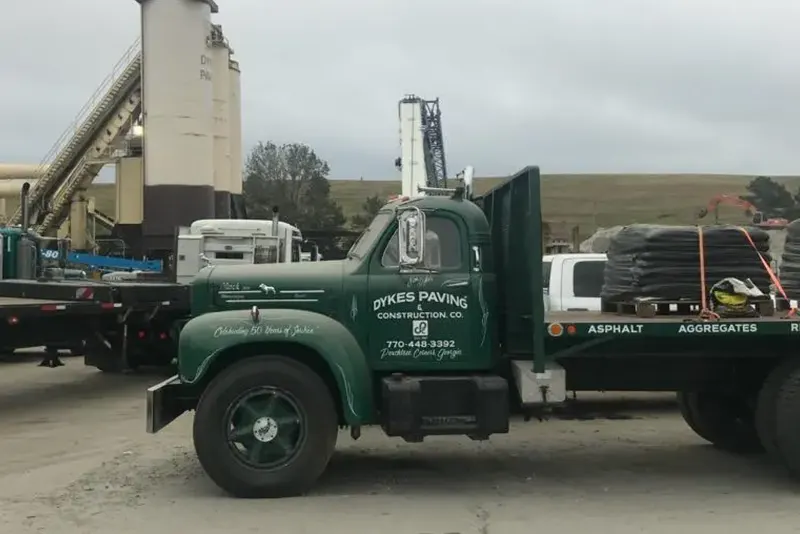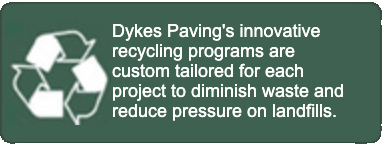How Does Your Asphalt Driveway Start Cracking?
After being exposed to sunlight for a long period of time, your asphalt driveway begins losing its fexibility. More specifically, it is the sun’s ultraviolet rays that cause the asphalt cement to breakdown. The mixture of the asphalt and the stone particles and sand, also known as aggregate, start to come apart. If you live in colder climates, the asphalt cracking process is sped up.
How Do Sealers Work?
Applying an asphalt sealer to your asphalt driveway, will not only make it look nicer, it will also increase its lifespan. Asphalt sealers provide a shield for your driveway – making the elements impenetrable to it.
Which Sealer Should You Choose?
Traditional:
- usually mixed with an emulsifier ( a soapy substance) and water
- very short lifespan
- doesn’t really protect against ultraviolet rays
- is the cheapest
Coal Tar:
- effective against oil and gasoline
- consist of emulsifier and small particles of clay – making it easy to apply
- some have polyers which help protect against the sun
Acrylic Polymer:
- all synthetic
- most expensive
- provides the most protection, and has a lifespan that is twice as long as other sealers
How Often Should You Apply Sealant?
For newly laid asphalt
Apply the sealant one year after you first applied the asphalt. Asphalt consists of certain oils, and it remains malleable, until all the oils evaporate. Usually, the asphalt doesn’t become fully firm until about a year.
For asphalt that has already been sealed
Only apply a new coat of sealant once the previous one has worn out. A good rule of thumb is about every three years. Of course, this varies a bit due to weather conditions and sunlight. If your asphalt begins to develop a grayish color though, it might be time to add a new coat of sealant, as this is a sign of intense oxidation, which leads to a break down of the asphalt.








